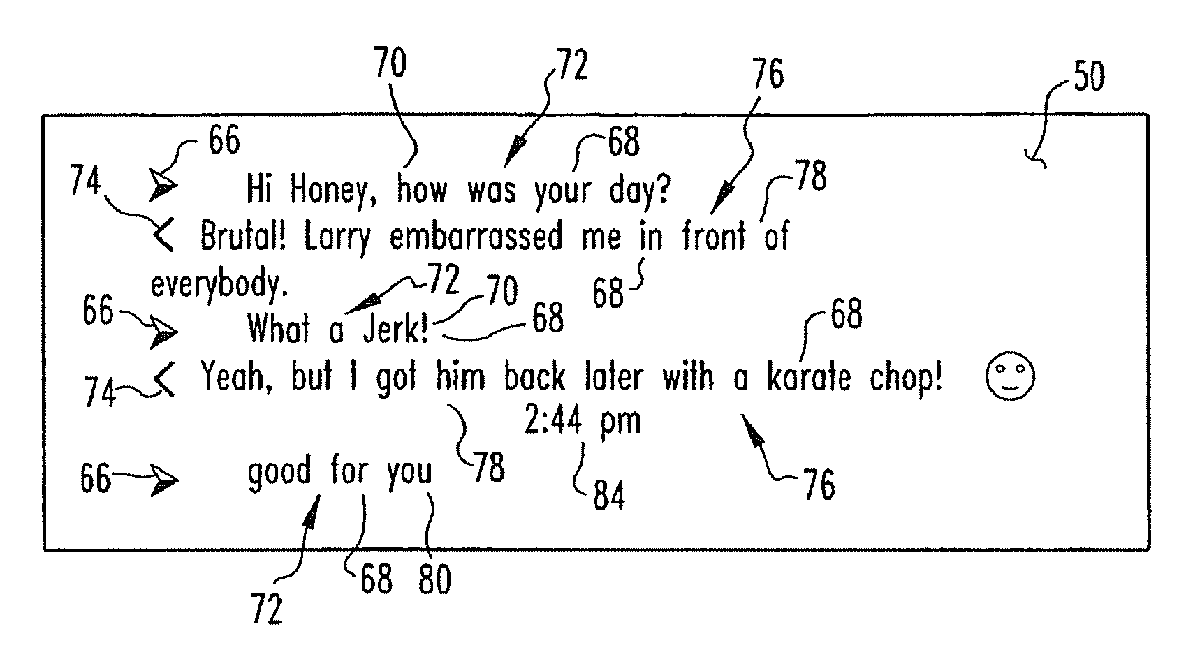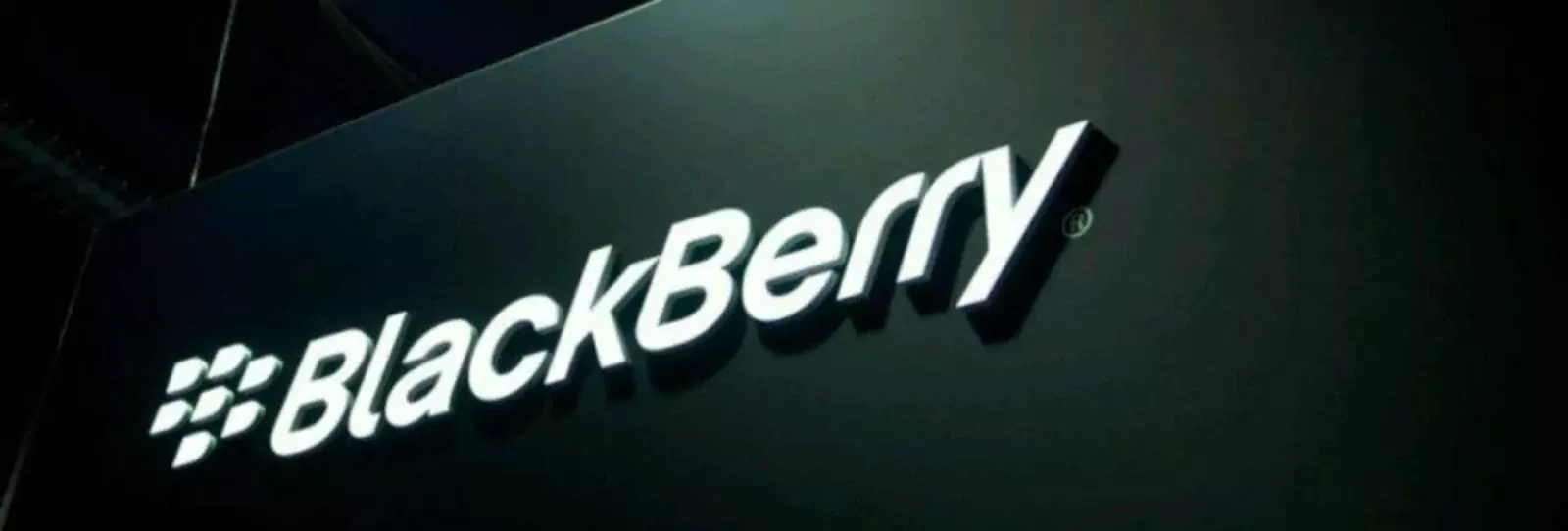 The Patent Trial and Appeal Board has invalidated BlackBerry’s patent 8,745,149, a patent for display of time information for a message in certain circumstances. According to the Board, the patent is already covered by other patents.
The Patent Trial and Appeal Board has invalidated BlackBerry’s patent 8,745,149, a patent for display of time information for a message in certain circumstances. According to the Board, the patent is already covered by other patents.
The Appeal Board held that all 17 claims of the patent, issued in 2014, were invalid.
“An improved handheld electronic device and an associated method are provided in which time data regarding certain aspects of a messaging conversation on a handheld electronic device are made available to a user. Such time data is provided, for instance, in situations where an interruption has occurred during a messaging conversation. Time data can also be provided to a user on demand in certain circumstances.”
The patent was part of an infringement lawsuit BlackBerry filed against BLU which BlackBerry won and subsequently both companies signed a License agreement.
However, Google didn’t like the looks of these patents and the United States patent office said at the time that Google stood a “reasonable likelihood” of winning invalidation of four patents. That opinion certainly looks to have been valid and Google is awaiting decisions on three other BlackBerry patents
Once a patent is found to be invalid, a licensee has a good chance of getting out of paying future royalties, although that would depend on what both companies agreed to in their license agreement.
BlackBerry is relying heavily on it’s patents in an attempt to gain revenue. The company has also sued Snap and Facebook, and that has already been trimmed by a US Judge, who dismissed BlackBerry’s wilful infringement and indirect infringement allegations against both Facebook and Snap
Snap challenged the time stamp patent, U.S. Patent 8,301,713. arguing that courts, for one example, have been time-stamping documents for centuries and merely doing it on a computer doesn’t make it eligible for patenting.
Wu agreed that the patent’s three independent claims were ineligible, saying they used language that’s too broad.




